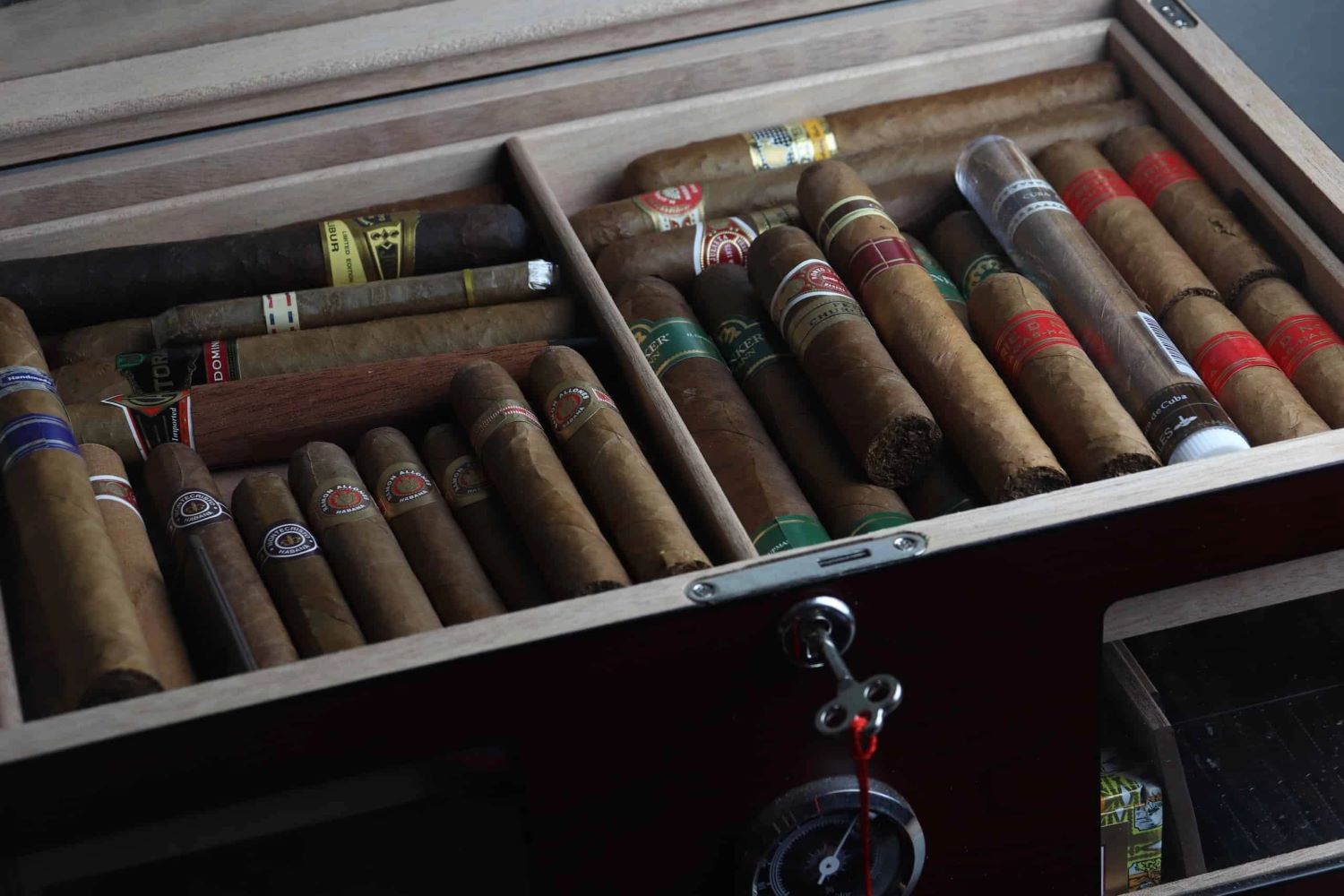

Articles
How To Store A Cigar
Modified: October 28, 2024
Learn the best techniques for storing cigars in this informative article. Discover how to keep your cigars fresh and flavorful with these expert tips.
(Many of the links in this article redirect to a specific reviewed product. Your purchase of these products through affiliate links helps to generate commission for Storables.com, at no extra cost. Learn more)
Introduction
Welcome to the world of cigars, where aficionados value the art of smoking and savoring the flavors and aromas of these handcrafted delights. Whether you are a seasoned cigar enthusiast or just starting to explore the world of cigars, proper storage is essential to preserve their quality and ensure an optimal smoking experience.
Proper storage maintains the cigars’ freshness, prevents them from drying out or becoming overly moist, and helps them age gracefully. In this article, we will guide you through the process of storing cigars, from choosing the right storage container to maintaining the ideal temperature and humidity levels for optimal preservation. So let’s dive in!
Key Takeaways:
- Proper storage and care of cigars are essential for preserving their flavors and aromas. Choosing the right humidor or alternative storage method, monitoring temperature and humidity, and regular maintenance are key to maintaining cigar quality.
- Handling cigars with clean hands, avoiding extreme temperatures, and savoring the smoking experience are crucial for cigar maintenance. Proper storage, care, and smoking techniques ensure a delightful and enjoyable cigar experience.
Choosing the Right Storage Container
The first step in cigar storage is choosing the right container. While many options are available, the most popular and effective choice is a humidor. A humidor is specifically designed to control temperature and humidity, providing the best environment for cigars to age and maintain their flavor and texture.
When selecting a humidor, consider factors such as size, material, and seal quality. The size of the humidor should accommodate your collection, allowing enough space for air circulation between cigars. For a small personal collection, a desktop humidor may suffice, while larger collections may require a cabinet humidor or even a walk-in humidor for serious enthusiasts or collectors.
The material of the humidor can vary, with options including wood, acrylic, and metal. Wood, particularly Spanish cedar, is a popular choice due to its ability to absorb and release moisture, helping to maintain ideal humidity levels. Additionally, Spanish cedar imparts a pleasant aroma and flavor to the cigars.
The seal quality of the humidor is crucial for maintaining the desired humidity level. A tight seal prevents outside air from entering and stabilizes humidity levels inside the humidor. Look for a humidor with a reliable and well-fitted lid, as well as properly functioning hinges and latches.
Alternatively, if a humidor is not available, you can use a sealed plastic container, such as a Tupperware or Ziplock bag. Ensure that the container is airtight and that you add some form of humidification device, such as a Boveda pack or a small container with distilled water, to regulate the humidity inside.
Temperature and Humidity Control
Temperature and humidity control are essential for maintaining the quality of your cigars. Proper conditions prevent the drying out or over-moistening of cigars, which can negatively impact taste, burn, and overall enjoyment. Let’s explore the ideal temperature and humidity ranges for cigar storage.
The ideal temperature for storing cigars is between 65°F and 70°F (18°C – 21°C). Maintaining a consistent temperature within this range helps to prevent the growth of mold and the deterioration of tobacco. Fluctuations in temperature should be avoided, as they can cause the cigars to expand and contract, leading to wrapper cracks or splitting.
Equally important is maintaining the right humidity level. Cigars thrive in an environment with a relative humidity (RH) between 65% and 70%. This range ensures that the cigars retain their moisture without becoming overly damp, resulting in an optimal burn and flavor profile.
To measure humidity levels accurately, it is recommended to use a hygrometer. A hygrometer will provide a precise reading of the humidity inside your storage container, allowing you to make adjustments if necessary. Digital hygrometers are the preferred choice due to their accuracy and ease of use.
When it comes to the proper humidity control, a humidor is the ideal solution. Humidors typically come equipped with a humidification device, such as a foam oasis or humidifier. These devices use distilled water or special humidification solutions to generate and maintain the desired humidity level.
If using a plastic container or alternative storage method, a humidification device is still necessary to control humidity. Boveda packs, for example, are popular options that provide a self-regulating humidity source. These packs release or absorb moisture as needed, ensuring a stable RH level.
Regularly monitor the temperature and humidity levels in your storage container and make any necessary adjustments. Additionally, avoid exposing the cigars to extreme temperature or humidity conditions, such as placing them near direct sunlight, air vents, or drafts.
By paying attention to temperature and humidity control, you can preserve the integrity and quality of your cigars, ensuring a consistent and enjoyable smoking experience.
Using a Humidor
A humidor is a cigar enthusiast’s best friend when it comes to storing cigars properly. Here are the steps to effectively utilize a humidor for optimal cigar storage:
- Season the Humidor: Before placing cigars inside, it is essential to season the humidor. This process involves adding humidity to the humidor’s interior to ensure it reaches the ideal moisture level. To season the humidor, wipe down the interior with a clean, damp cloth soaked in distilled water. Avoid using tap water, as it may contain minerals that can affect the flavors of the cigars. After wiping, place a small dish of distilled water in the humidor and let it sit for 12 to 24 hours. This allows the wood to absorb the moisture and stabilize the humidity levels.
- Add Humidification Device: Once the humidor is properly seasoned, add your preferred humidification device. This may be a foam oasis, gel-based humidifier, or electronic humidification system, based on personal preference and the size of the humidor. Ensure that the humidification device is properly filled or activated according to the manufacturer’s instructions.
- Organize Your Cigars: Place the cigars gently inside the humidor, taking care not to overcrowd or stack them too tightly. It is crucial to allow air circulation between the cigars to promote even humidity distribution. Arranging them neatly in rows or using dividers can help prevent any damage or contact between the cigars.
- Monitor Temperature and Humidity: Regularly check the temperature and humidity levels inside the humidor using a digital hygrometer. Ensure the temperature remains within the ideal range of 65°F to 70°F (18°C – 21°C), and the relative humidity stays between 65% and 70%. Adjust the humidification device as needed to maintain the desired humidity level.
- Rotate and Inspect Cigars: Every few weeks, rotate the cigars in your humidor to promote even aging. This prevents any cigars from sitting in the same spot for extended periods, ensuring a consistent aging process. During rotation, inspect the cigars for any signs of mold, cracks, or damage. Remove any cigars showing signs of issues to prevent them from affecting others.
- Keep the Humidor Closed: While it’s tempting to frequently open the humidor and admire your collection, it’s best to limit the number of times you open it. Each time you open the humidor, you allow outside air to enter, which can disrupt temperature and humidity levels. Only open the humidor when necessary, such as when selecting a cigar to smoke.
By following these steps, you can effectively use a humidor to store your cigars, preserving their freshness, flavors, and aroma for an exceptional smoking experience.
Preparing the Cigars for Storage
Before placing your cigars inside a humidor or any other storage container, it is important to prepare them properly. This will help maintain the quality and condition of the cigars during storage. Here are some steps to follow when preparing your cigars:
- Inspect the Cigars: Before storing, carefully examine each cigar for any visible damage or imperfections. Check for cracked wrappers, damaged caps, or any signs of mold. It is crucial to remove any cigars with issues to prevent them from affecting the rest of your collection.
- Remove Cellophane Wrappers (optional): If your cigars are individually wrapped in cellophane, you have the option to remove the wrappers before storing them. Leaving the cellophane on can help protect the cigars from damage, but removing it allows for better airflow, which can enhance the aging process. Consider personal preference and the condition of the cigars when deciding whether to keep or remove the cellophane.
- Organize by Strength or Flavor: If you have a variety of cigars with different strengths or flavors, consider organizing them accordingly. This can help when selecting a cigar later, as you can easily identify the desired profile. Additionally, keeping cigars of similar strengths together can prevent any mingling of flavors within the humidor.
- Avoid Mixing Infused and Non-Infused Cigars: If you have both infused and non-infused cigars, it is recommended to store them separately. The strong aromas and flavors of infused cigars can potentially impact the taste and aroma of non-infused cigars. Keep the two types in different storage containers to maintain their individual characteristics.
- Add Cedar Sheets or Dividers (optional): To further protect and enhance the flavor of your cigars, you can add cedar sheets or dividers inside the humidor. Cedar helps absorb excess moisture and imparts a pleasant aroma to the cigars. It also acts as a natural insect repellent, keeping pests away from your collection.
By taking these steps to prepare your cigars for storage, you are ensuring their longevity and maintaining their quality. Proper preparation sets the foundation for a pleasurable smoking experience when you decide to enjoy your cigars in the future.
Store cigars in a humidor to maintain the proper humidity level (around 70%) and temperature (around 70°F). This will help preserve the flavor and quality of the cigars over time.
Read more: How To Store A Cigar Without A Humidor
Storing Cigars in a Humidor
A humidor provides the ideal environment for storing cigars, ensuring they remain fresh and flavorful over time. Here are some key considerations when storing cigars in a humidor:
- Properly Season the Humidor: As mentioned earlier, properly seasoning the humidor is crucial before placing cigars inside. This step allows the wood to absorb moisture, creating an optimal humidity level. Without seasoning, the humidor may not provide the necessary conditions for cigar storage.
- Arrange Cigars in the Humidor: When placing cigars in the humidor, ensure they are not packed too tightly. Leave sufficient space between each cigar to allow for proper airflow. This promotes even distribution of humidity and prevents any cigars from touching, which can potentially lead to damage or mold growth.
- Maintain Ideal Temperature and Humidity: Regularly monitor the temperature and humidity levels inside the humidor. Keep the temperature between 65°F and 70°F (18°C – 21°C) and the relative humidity between 65% and 70%. Adjust the humidification device as needed to maintain these levels and prevent any fluctuations that may impact the cigars’ quality.
- Prevent Direct Sunlight: Position the humidor away from direct sunlight or any other sources of extreme heat. Excessive heat can dry out cigars, affecting their flavor and overall quality. Ultraviolet (UV) rays can also be harmful, causing the cigars to fade or become discolored. Keep the humidor in a cool, dry, and shaded area to protect your cigars.
- Rotate the Cigars: Every few weeks, gently rotate the cigars in the humidor. This helps ensure that each cigar ages consistently and prevents any uneven changes due to extended periods in one position. Gentle rotation promotes an even aging process, resulting in a balanced flavor profile when you eventually smoke the cigars.
- Monitor the Humidor’s Seal: Regularly check the seal and integrity of the humidor’s lid. A proper seal prevents outside air from entering the humidor and helps maintain the desired temperature and humidity levels. If you notice any gaps or issues with the seal, address them promptly to ensure optimal storage conditions.
By following these guidelines, you can effectively store your cigars in a humidor, providing them with a controlled and optimal environment for aging. Proper storage ensures that your cigars will be at their peak condition when you are ready to enjoy them.
Alternative Storage Methods
While a humidor is the preferred method for storing cigars, there are alternative options available if you do not have access to a humidor or prefer a different approach. Here are a few alternative storage methods to consider:
- Plastic Bags with Humidification Devices: If you do not have a humidor, you can use a sealed plastic bag, such as a Ziplock bag, along with a humidification device. Place your cigars inside the bag and add a humidification device, such as a Boveda pack or a small container with distilled water. Make sure the bag is sealed tightly to maintain the desired humidity level.
- Tupperware or Airtight Containers: Another option is to use a Tupperware container or any other airtight container. These containers can be convenient for storing cigars in a controlled environment. Place a humidification device or a small container with distilled water inside the container to maintain the proper humidity levels.
- Cooler or Igloo-type Container: For larger cigar collections, a cooler or Igloo-type container can be repurposed as a makeshift humidor. Line the inside with Spanish cedar or use cedar trays to create a suitable environment. Add a humidification device and a hygrometer to monitor the temperature and humidity levels.
- Cabinet or Drawer Conversions: If you have a cabinet or drawer that can be sealed, you can convert it into a cigar storage solution. Ensure that the cabinet or drawer has a secure seal to maintain proper humidity levels. Use cedar liners or trays, along with a humidification device and hygrometer, to create the ideal environment for your cigars.
While alternative storage methods can work in a pinch, it is important to note that they may not provide the same level of temperature and humidity control as a dedicated humidor. It is essential to regularly monitor and adjust the conditions in these storage containers to ensure the proper storage environment for your cigars.
Remember, the goal is to maintain a consistent temperature between 65°F and 70°F (18°C – 21°C) and a relative humidity level of 65% to 70%. By implementing proper storage practices, even with alternative methods, you can help preserve the quality and flavor of your cigars until you are ready to enjoy them.
Avoiding Common Mistakes
When it comes to storing cigars, there are common mistakes that enthusiasts can inadvertently make. By being aware of these mistakes and taking preventative measures, you can ensure the longevity and quality of your cigar collection. Here are some common mistakes to avoid:
- Neglecting Temperature and Humidity: Failing to monitor and maintain the proper temperature and humidity levels is one of the most significant mistakes. Fluctuations can affect the cigars’ flavor, burn, and overall quality. Regularly check the levels and make any necessary adjustments to keep them within the recommended range of 65°F to 70°F (18°C – 21°C) and 65% to 70% relative humidity.
- Using Tap Water: Tap water often contains minerals that can adversely affect the flavor and performance of your cigars. Avoid using tap water to moisten your humidification devices or in the seasoning process. Instead, opt for distilled water or other recommended humidification solutions.
- Overhumidifying or Underhumidifying: Proper humidity is crucial, but overhumidifying or underhumidifying cigars can lead to issues. Overhumidification can cause a stale or musty taste, while underhumidification can dry out the cigars and impact their burn. Regularly check the humidity levels and adjust your humidification devices or containers accordingly.
- Neglecting Cigar Rotation: Failure to rotate your cigars in a humidor can result in uneven aging and moisture distribution. Rotate the cigars every few weeks to ensure they age consistently, preventing any potential unevenness in flavor or burn.
- Storing Strong and Mild Cigars Together: Mixing strong and mild cigars within the same storage container can result in flavor contamination. Stronger cigars can overpower milder ones, affecting their taste. Keep cigars of different strengths separate to preserve their unique flavors and characteristics.
- Forgetting to Inspect and Maintain: Regularly inspect your cigars for any signs of damage, mold, or pests. Remove any affected cigars promptly to prevent further contamination. Additionally, maintain proper care of your humidor or storage container by cleaning it regularly, inspecting the seal, and replacing any worn or malfunctioning humidification devices.
By avoiding these common mistakes and implementing proper storage practices, you can ensure the longevity and quality of your cigars. Remember that proper temperature and humidity control, regular maintenance, and diligent care are key to preserving the flavors, aromas, and overall enjoyment of your prized cigar collection.
Maintenance and Care of Cigars
In addition to proper storage, maintaining and caring for your cigars is essential to ensure they stay in optimal condition. Here are some important tips to keep in mind for cigar maintenance and care:
- Handle Cigars with Clean Hands: Before touching your cigars, make sure your hands are clean and free from any strong odors or residues. This prevents any unwanted flavors or contaminants from transferring onto the cigars.
- Avoid Exposing Cigars to Extreme Temperatures: Exposure to extreme heat or cold can have negative effects on cigars. Avoid leaving them in a hot car or exposing them to freezing temperatures, as this can damage the tobacco and alter the flavors.
- Do Not Rush the Aging Process: While many cigars benefit from aging, it is important not to rush the process. Aging allows the flavors and aromas to develop and harmonize over time. Be patient and allow your cigars to age naturally, enjoying them when they have reached their peak.
- Use a Proper Cigar Cutter: When preparing to smoke a cigar, use a sharp and high-quality cigar cutter to make a clean and precise cut. Avoid using dull blades or inappropriate cutting methods, as this can damage the cigar’s cap and affect the draw and burn.
- Light the Cigar Correctly: When lighting a cigar, use a butane lighter, a wooden spill, or a cedar match. Avoid using candles or regular lighters that impart unwanted flavors. Rotate the cigar while gently toasting the foot, ensuring an even and thorough light.
- Relax and Enjoy: Cigars are meant to be savored and enjoyed at a relaxed pace. Take your time, savor the flavors, and appreciate the craftsmanship. Avoid rushing through a cigar, as it may lead to overheating and a subpar smoking experience.
- Properly Dispose of Ash: As you smoke your cigar, gently tap off the ash to maintain an even burn, but avoid tapping too forcefully to prevent damage. When the ash needs to be discarded, place it in an ashtray or designated area, ensuring it is fully extinguished.
By following these maintenance and care tips, you can enhance your overall cigar experience and ensure that your cigars remain in the best possible condition. Remember, a well-maintained cigar will reward you with a pleasant smoking experience and the full enjoyment of its flavors and aromas.
Read more: How To Store A Half Smoked Cigar
Conclusion
Proper storage and care of cigars are essential for maintaining their quality and ensuring a pleasurable smoking experience. Whether you have a small collection or an extensive assortment of cigars, following the right practices will help preserve their flavors, aromas, and overall integrity over time.
Choosing the right storage container, such as a humidor, is a crucial first step. Humidors provide the ideal control over temperature and humidity, creating an optimal environment for cigar preservation. However, if a humidor is not available, alternative storage methods like sealed plastic bags or airtight containers can serve as temporary solutions.
Remember to monitor and maintain the temperature and humidity levels consistently. Fluctuations in these factors can affect the taste, burn, and overall quality of the cigars. Regularly inspect your cigars for any signs of damage, mold, or pests, and remove any affected cigars promptly to prevent further contamination.
When it comes time to enjoy a cigar, handle it with clean hands, use proper cutting and lighting techniques, and take the time to savor the flavors and aromas. Avoid rushing through the smoking process and dispose of ash responsibly to maintain an even burn and prevent any damage.
In conclusion, by following the guidelines outlined in this article and paying attention to proper storage and care, you can ensure that your cigars are kept in their optimal condition, ready to provide you with a delightful smoking experience whenever you choose to indulge.
Frequently Asked Questions about How To Store A Cigar
Was this page helpful?
At Storables.com, we guarantee accurate and reliable information. Our content, validated by Expert Board Contributors, is crafted following stringent Editorial Policies. We're committed to providing you with well-researched, expert-backed insights for all your informational needs.
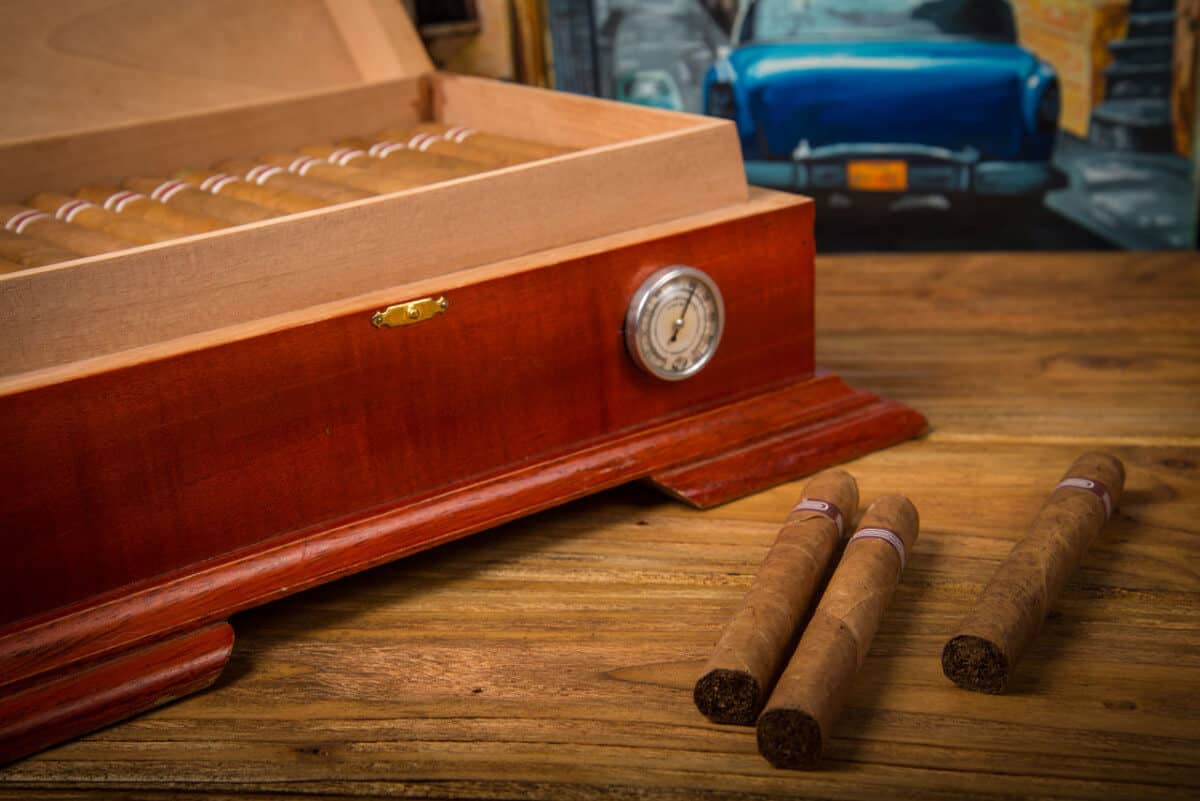
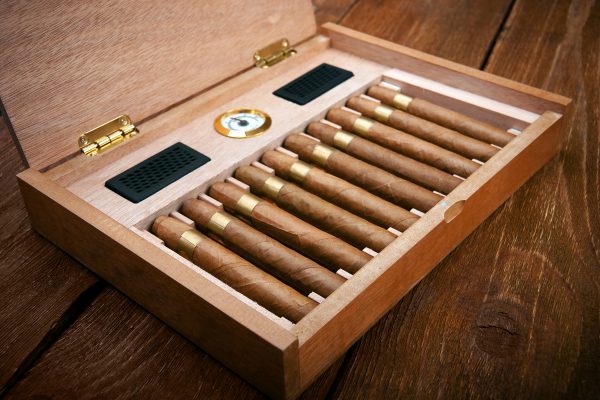
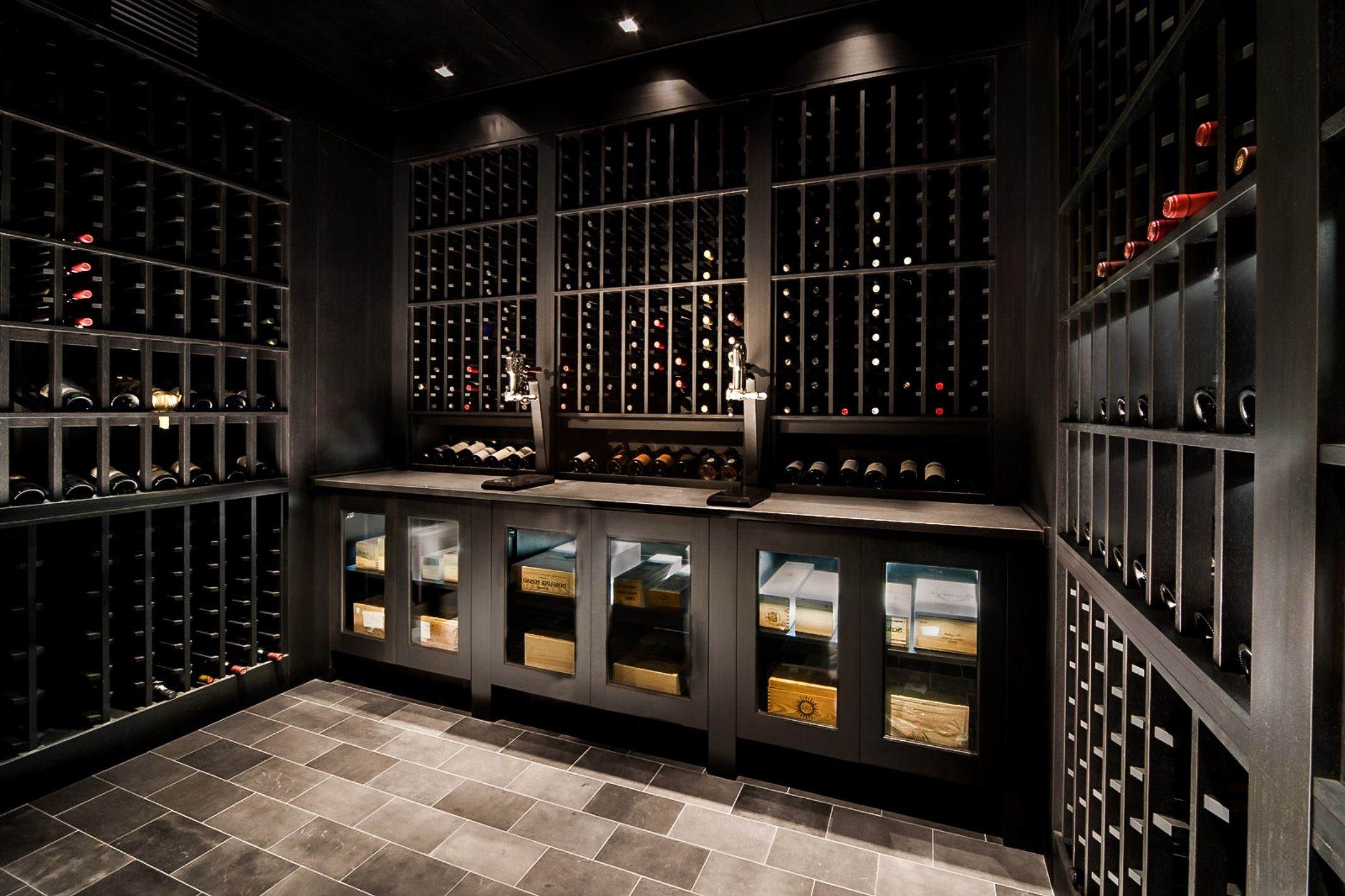
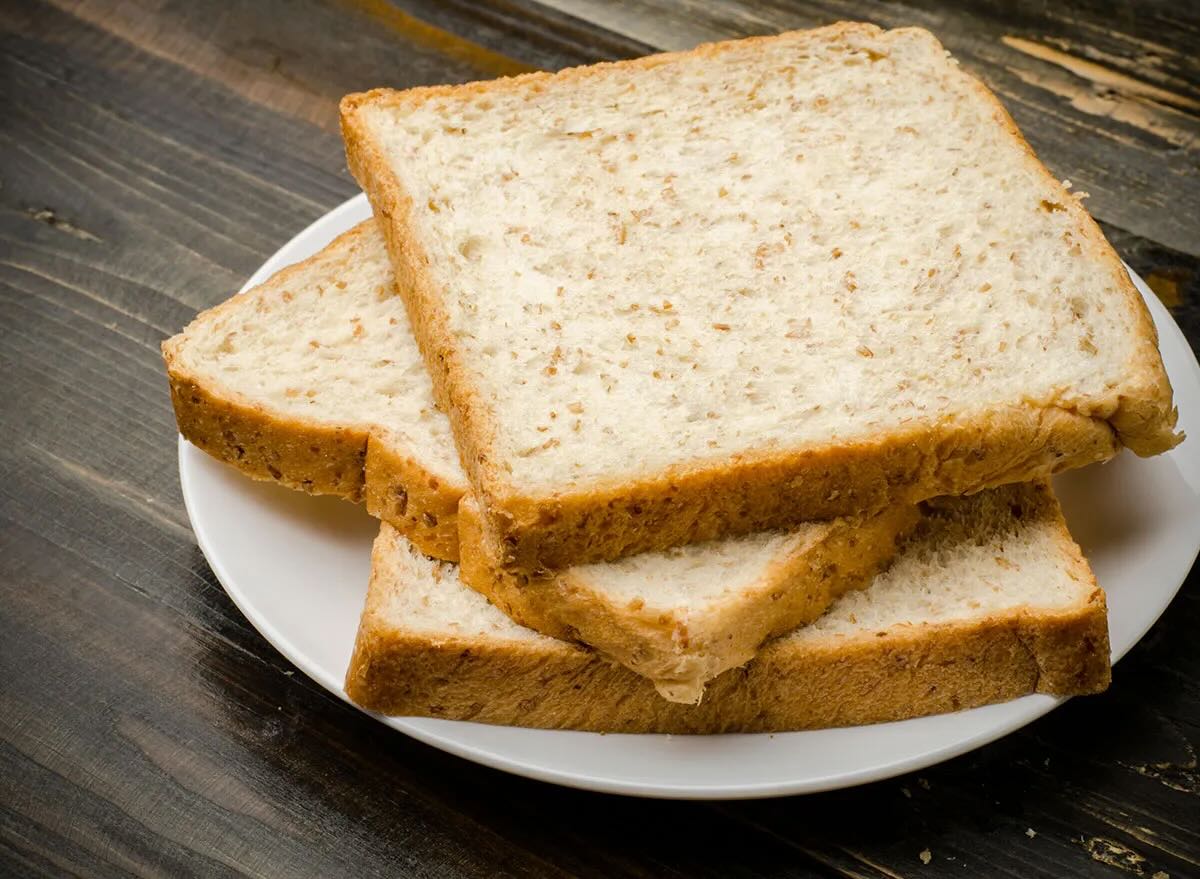

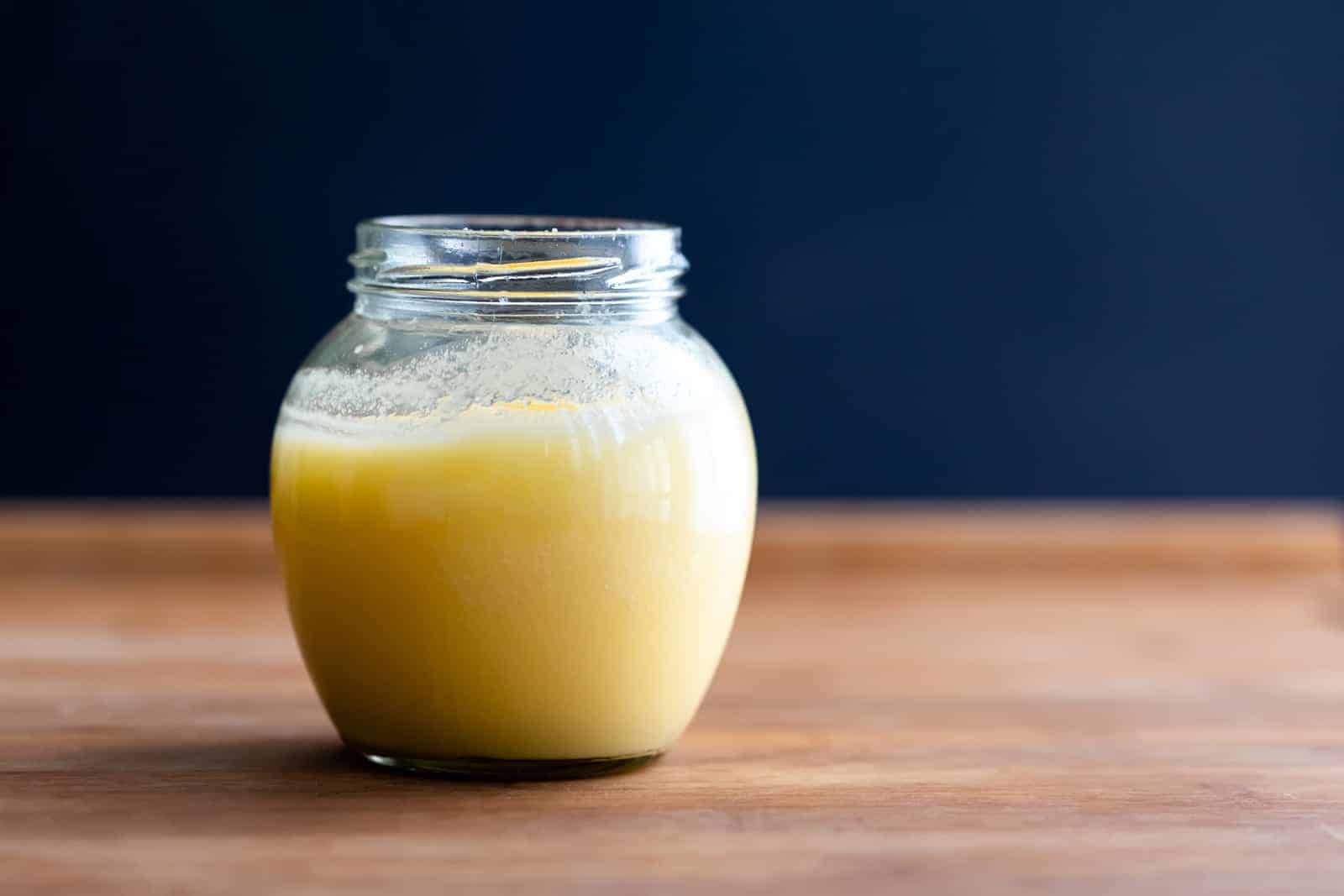
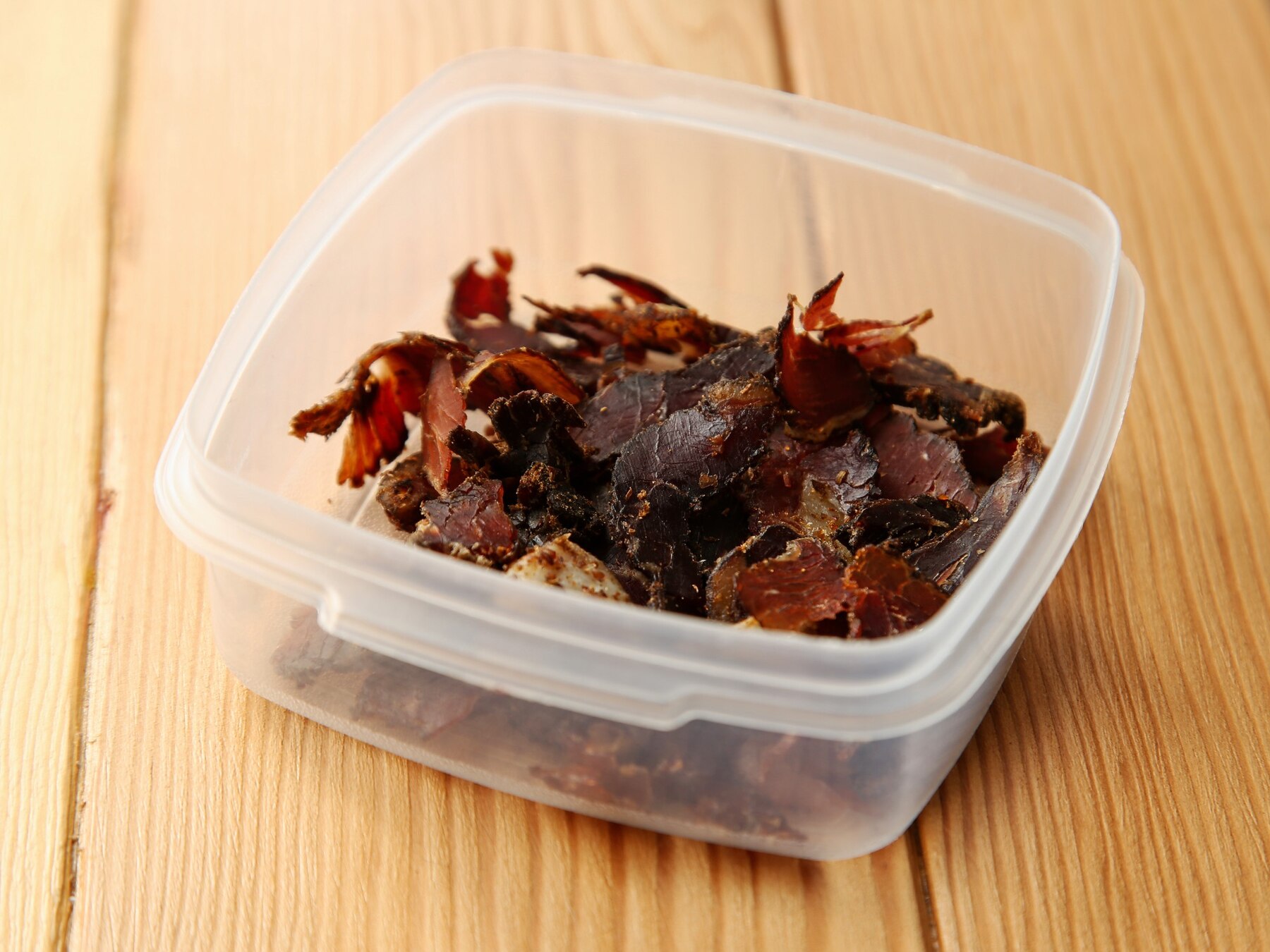

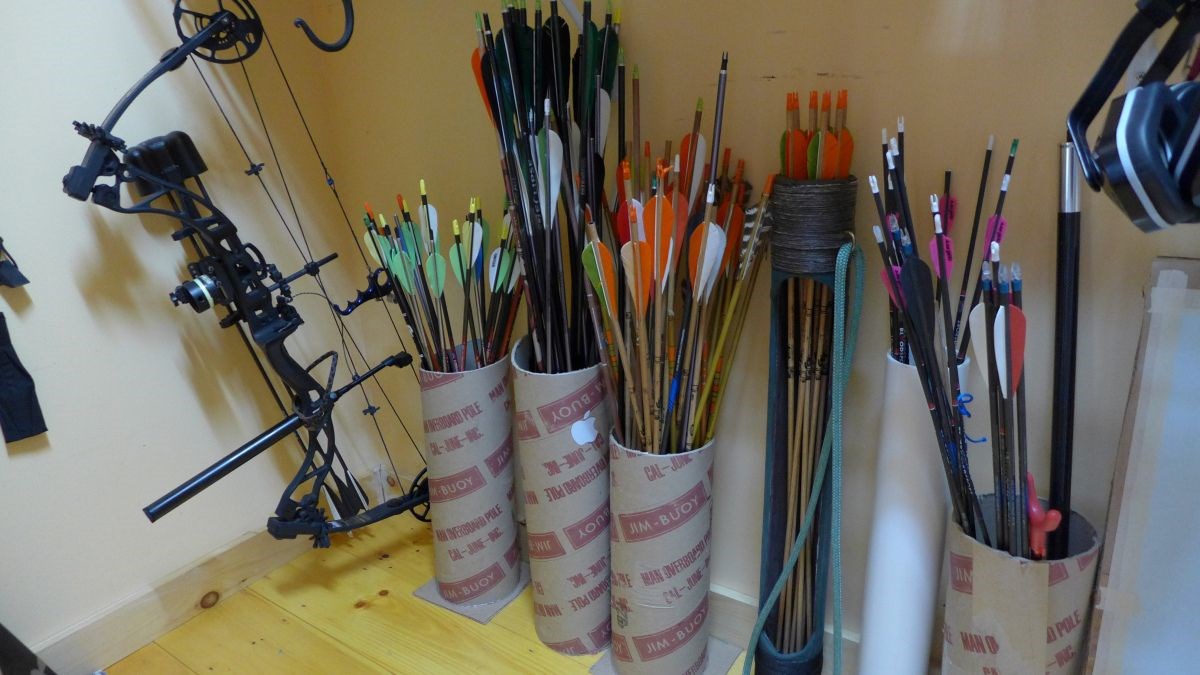
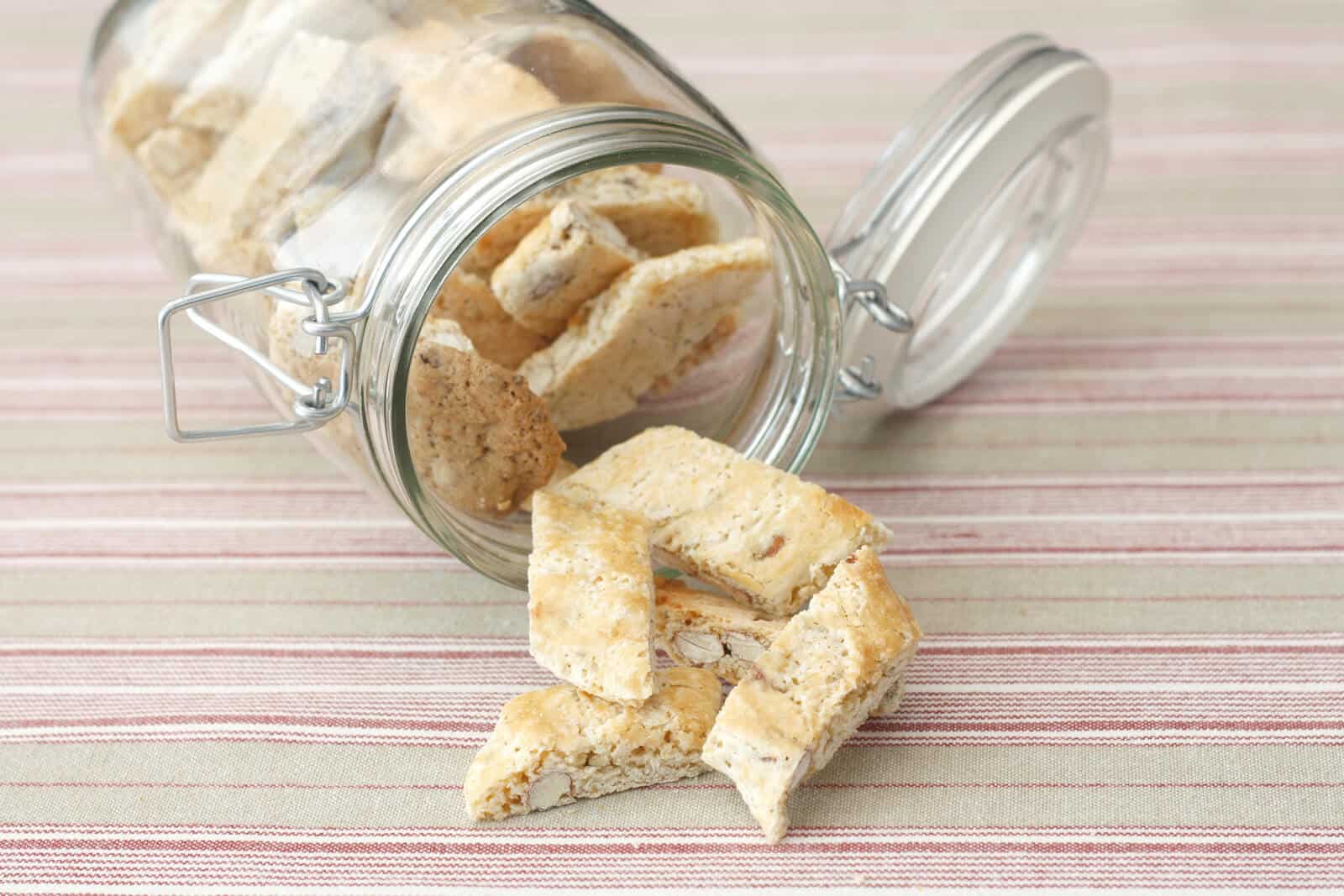
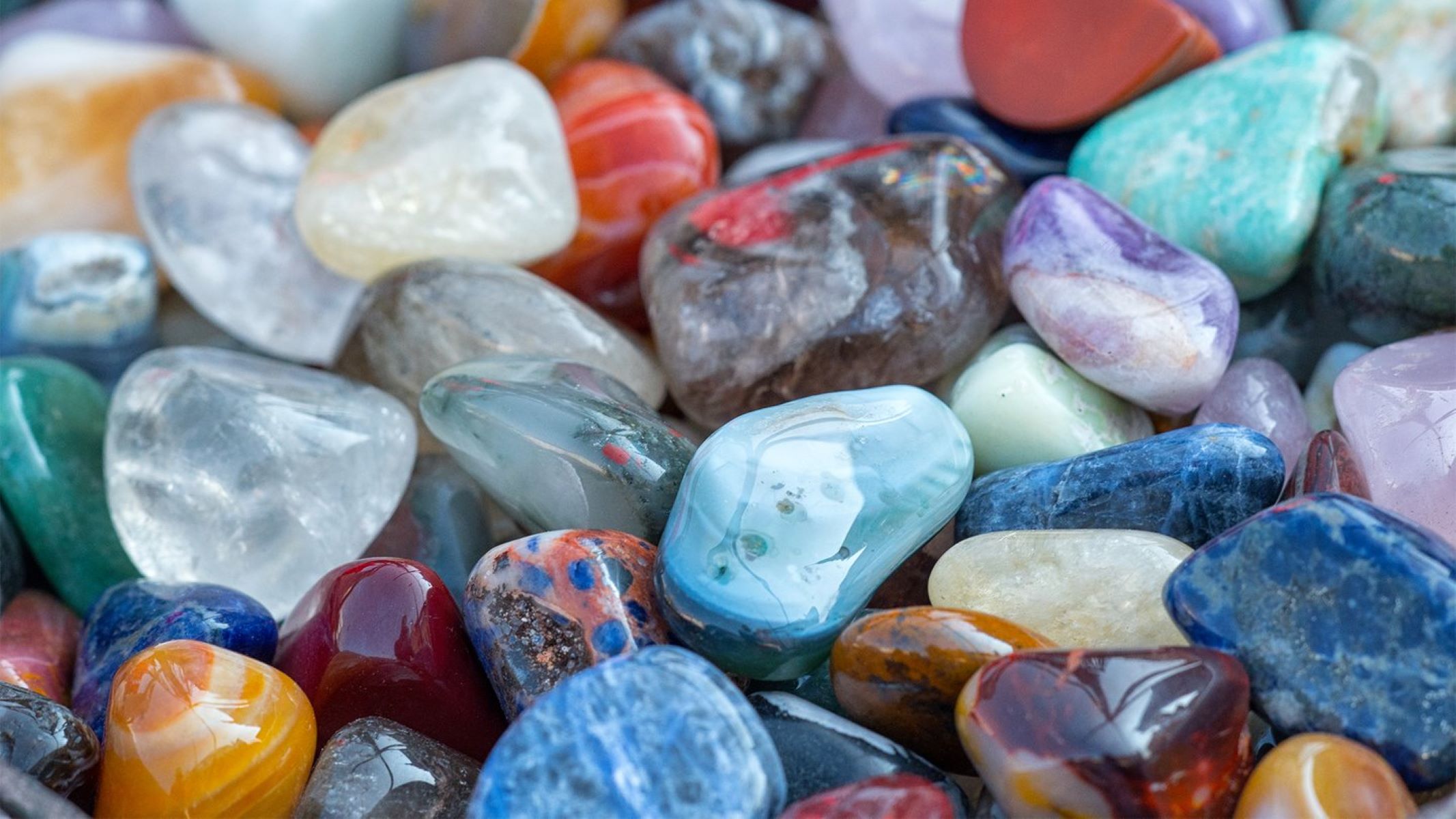



0 thoughts on “How To Store A Cigar”